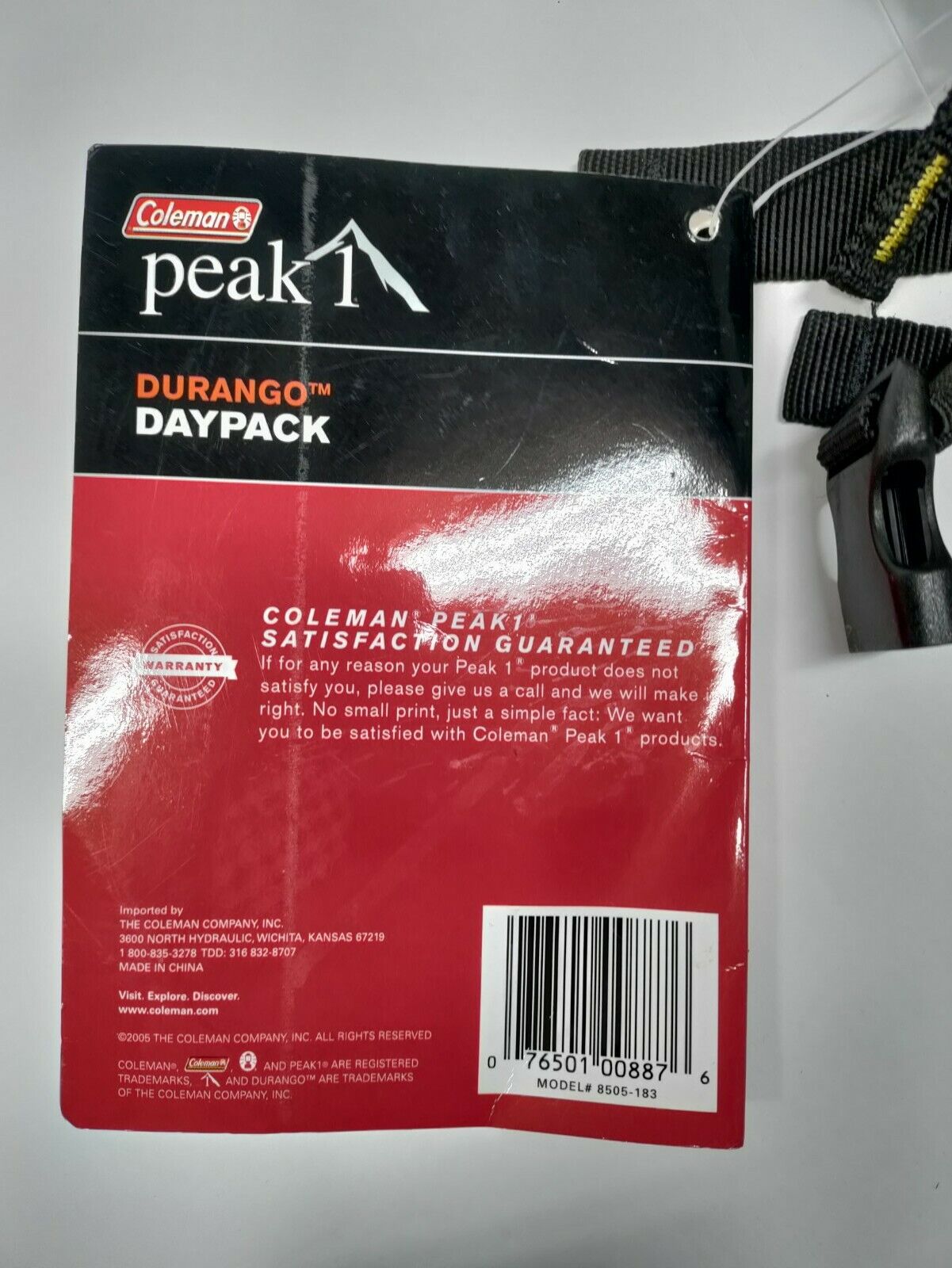
In India, Tiffin is used to refer to a light meal or snack. It can be any type of snack, from nuts and cheese to snacks, but it's also used for lunch. It is usually consumed around 3 p.m. with a variety light and savoury options.
The origins of the word tiffin date back to the early nineteenth century, when the British colonial masters in India would skip their usual siestas in favour of a light midday meal. Because they were often away, tiffin boxes proved to be the best way to bring home-cooked meals.
Tiffins are traditionally made from stacked metal boxes that snap together, forming a tiffin box. These boxes are not meant to be cooked on the stovetop but can be used as storage containers for home snacks.

Tiffins come in many shapes and sizes. They can be either cylindrical or round in shape and have a side clip for easy carrying. However, tiffins can also be in the shape of bowls, plates, or individual serving containers. You can even use the lids of tiffins as plates. This makes them ideal for taking to a restaurant or serving leftovers from home.
The history of Tiffin is complicated. It has to do with the Indian population's preference for light meals, and is often a result of their eating habits. And it is also connected to the history of the British Raj. While tiffin originated in India, it is now commonly used in Britain as a synonym for a light luncheon.
In India, tiffin is typically served as a light lunch at about three o'clock in the afternoon. It is an informal snack, and is generally vegetarian, with less spice. You can choose from sweet options like halwa and sundaes.
Indian families have a long tradition of asking their children to bring a lunchbox. In some homes, a child is threatened by his teacher if he doesn't bring a tiffin box to school. This is an insult to the host and a sign the hospitality is not upto the mark. If the child doesn't have a lunch tiffin, he/she may feel hungry.

Mumbai residents call Tiffin a light lunch or a packed lunch. The system is organized by the Mumbai Tiffin Box Suppliers' Association, which collects homemade food from workers' homes and delivers it to the workers. Numerous Bollywood movies have used a tiffin theme.
Today, tiffins are sold in Indian homes and in Indian restaurants. You can also find them sold by dabbawalas who are delivery men who pick up food from the homes and deliver it to the workplace. The tiffin box can be a traditional round metal box, or it can be a stacked set of stainless steel compartments with a handle for carrying.